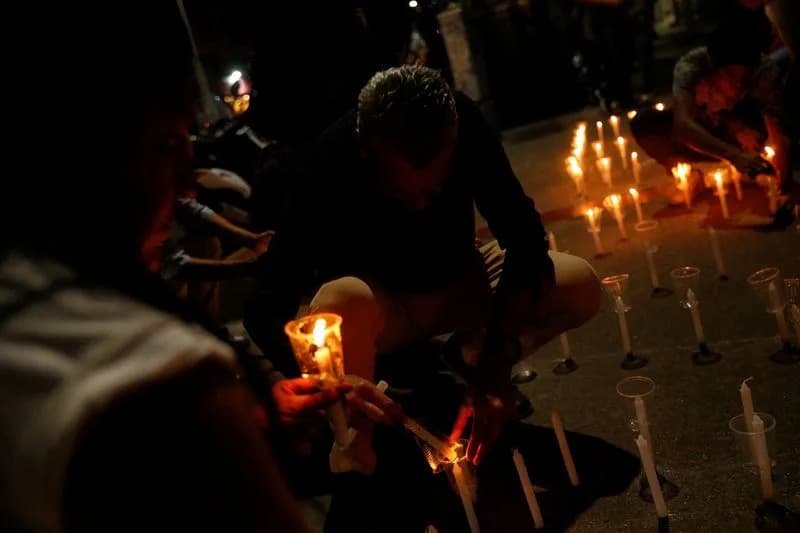Bolivia’s Supreme Court annulled the 10-year sentence against former interim president Jeanine Añez and ordered her immediate release, citing due-process violations. Justice Romer Saucedo said the case should have been tried by a special tribunal for lawmakers rather than ordinary criminal courts. Añez, who led the country after Evo Morales fled in 2019, was arrested in 2021 and convicted in 2022. The ruling follows a shift in Bolivian politics after voters recently elected Rodrigo Paz, ending nearly 20 years of MAS rule.
Bolivia’s Top Court Voids Jeanine Añez’s 10-Year Sentence and Orders Her Release

Supreme Court annuls sentence citing due-process violations
Bolivia’s Supreme Court on Wednesday annulled the 10-year prison sentence handed to former interim president Jeanine Añez and ordered her immediate release, saying her trial violated due process. Justice Romer Saucedo told reporters the case should have been heard by a special tribunal that handles alleged crimes by lawmakers in the exercise of their duties, rather than by ordinary criminal courts.
Saucedo said Añez had already been detained for more than four years and that the conviction was therefore void. “She had a final sentence of 10 years, and consequently, her release is ordered today,” he said.
Añez, a former conservative senator, declared herself interim president in 2019 after leftist President Evo Morales fled the country amid large-scale protests and allegations of electoral fraud tied to his bid for a fourth term. Morales — Bolivia’s first Indigenous president — has maintained he was the victim of a coup after the military urged him to step down.
During Añez’s brief administration, security forces moved to suppress unrest; the rights group Amnesty International reports that at least 35 people were killed and 833 were injured in the clashes. Añez was arrested in 2021 after Morales’s Movement for Socialism (MAS) returned to power and was convicted in 2022 of illegally assuming the presidency.
Legal point: The Supreme Court ruled that because the allegations arose from actions taken while Añez was a lawmaker, jurisdiction lay with a special legislative tribunal rather than the ordinary criminal courts that tried her.
Añez did not immediately comment after the ruling. In a social media post the day before, she defended her time in office: “I would never regret having served my country when it needed me. I did it with a clear conscience and a steadfast heart, knowing that difficult decisions come at a price.”
The ruling comes weeks after Bolivian voters elected Rodrigo Paz of the centre-right Christian Democratic Party (PDC) as president, ending nearly 20 years of governance by MAS. The decision is likely to reverberate through Bolivia’s politically polarized environment as legal and political actors respond.
Help us improve.


































